Syria may face four-year wait for democratic elections
Syria’s de facto leader has said it could take up to four years to hold elections in Syria, and he plans to dissolve his Islamist group that led the country’s insurgency.
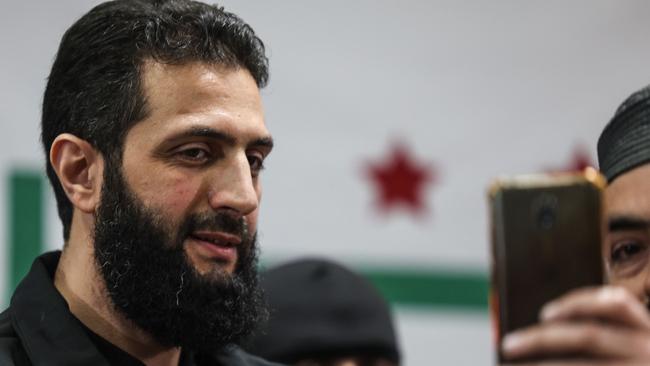
Syria’s de facto leader has said it could take up to four years to hold elections in Syria, and he plans to dissolve his Islamist group that led the country’s insurgency.
Ahmad al-Sharaa, who leads Hayat Tahrir al-Sham, the group leading the new authority in Syria, told Saudi television network al-Arabiyya on Sunday that elections could not be held before Syria’s different forces met to rewrite the country’s constitution following five decades of the Assad dynasty’s dictatorial rule.
The war-torn country’s battered infrastructure also needed to be reconstructed.
It comes almost a month after a lightning insurgency led by HTS overthrew president Bashar Assad’s decades-long rule, ending the country’s civil war that started in 2011.
“The chance we have today doesn’t come every five or 10 years,” said Mr Sharaa, formerly known as Abu Mohammed al-Jolani. “We want the constitution to last for the longest time possible.”
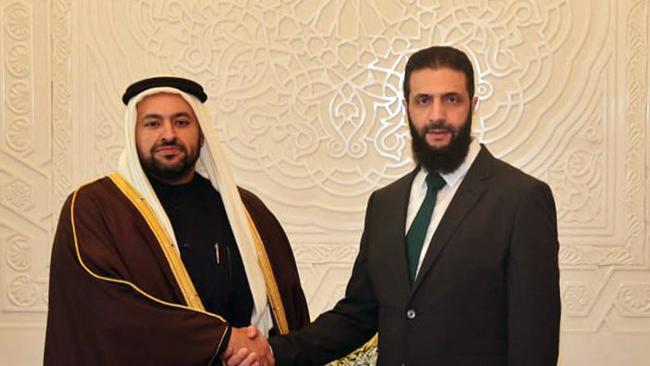
Mr Sharaa is Syria’s de facto leader until March 1, when Syria’s different factions are set to convene to establish a transitional government that brings the divided country together. There, he said, HTS would dissolve after years of being the country’s most dominant rebel group that held a strategic enclave in the country’s northwest.
Unlike his criticism of key Assad ally Iran, Mr Sharaa hoped to maintain “strategic relations” with Russia, whose air force played a critical role in keeping Assad in power for over a decade during the conflict.
Moscow has a strategic air base in Syria.
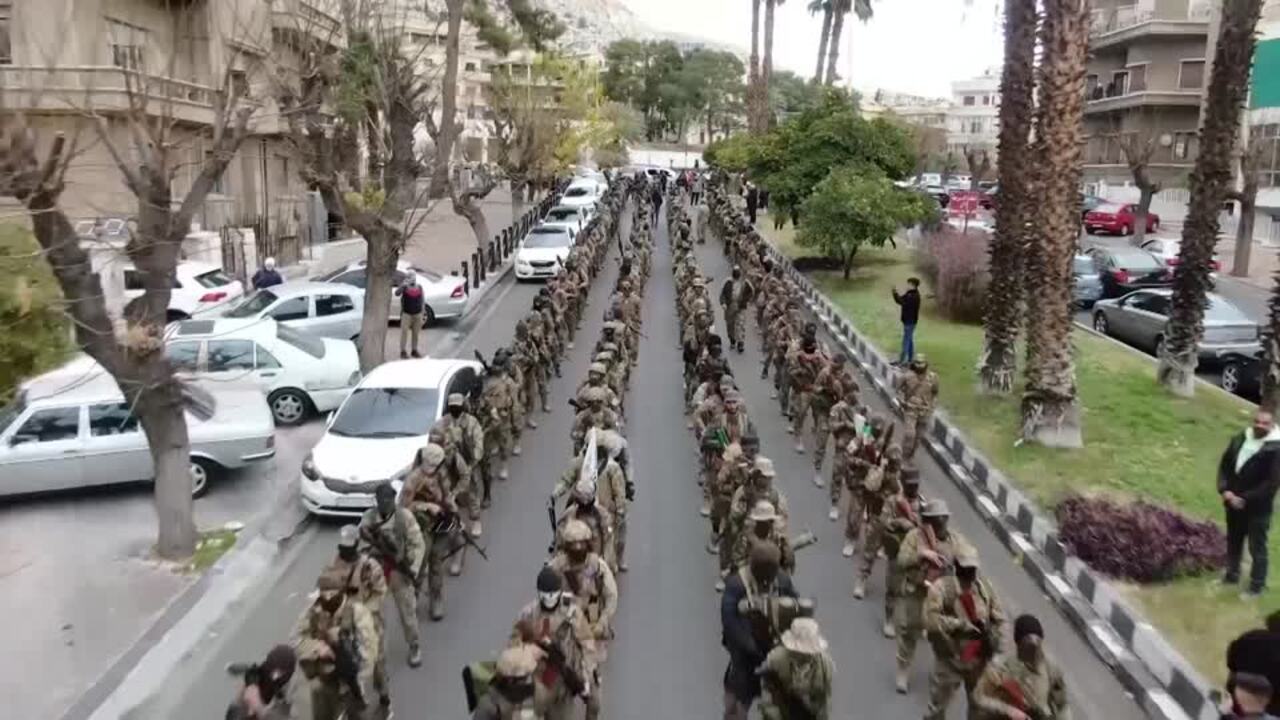
The HTS leader also said negotiations continued with the Kurdish-led Syrian Democratic Forces in northeastern Syria, and he hoped their armed forces would integrate with the Syrian security agencies.
The Kurdish-led group is Washington’s key ally in Syria, where it is heavily involved in targeting sleeper cells of the extremist Islamic State group.
Turkish-backed Syrian rebels have been clashing with the SDF even after the insurgency, taking the key city of Manbij, as Ankara hopes to create a buffer zone near its border in northern Syria.
Earlier, an Israeli air strike in the outskirts of Damascus on Sunday killed 11 people, according to the Syrian Observatory for Human Rights war monitor.
The agency said the air strike targeted a weapons depot that belonged to Assad’s forces near the industrial town of Adra, northeast of the capital. The observatory said 11 people, mostly civilians, were killed.
Agencies


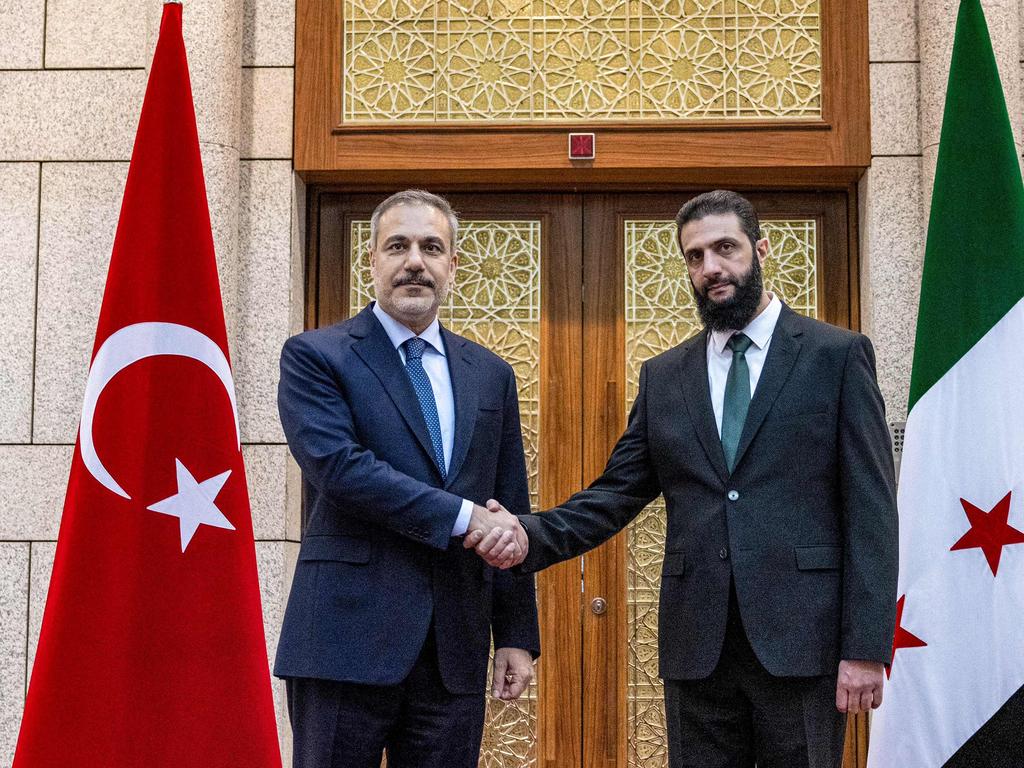
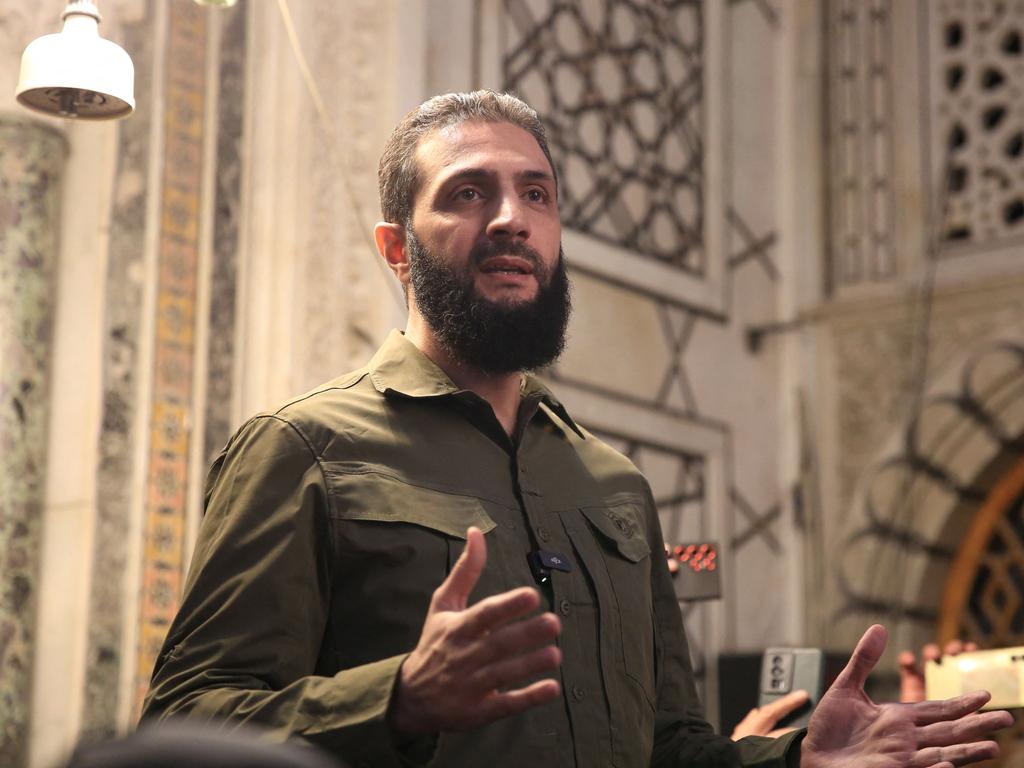
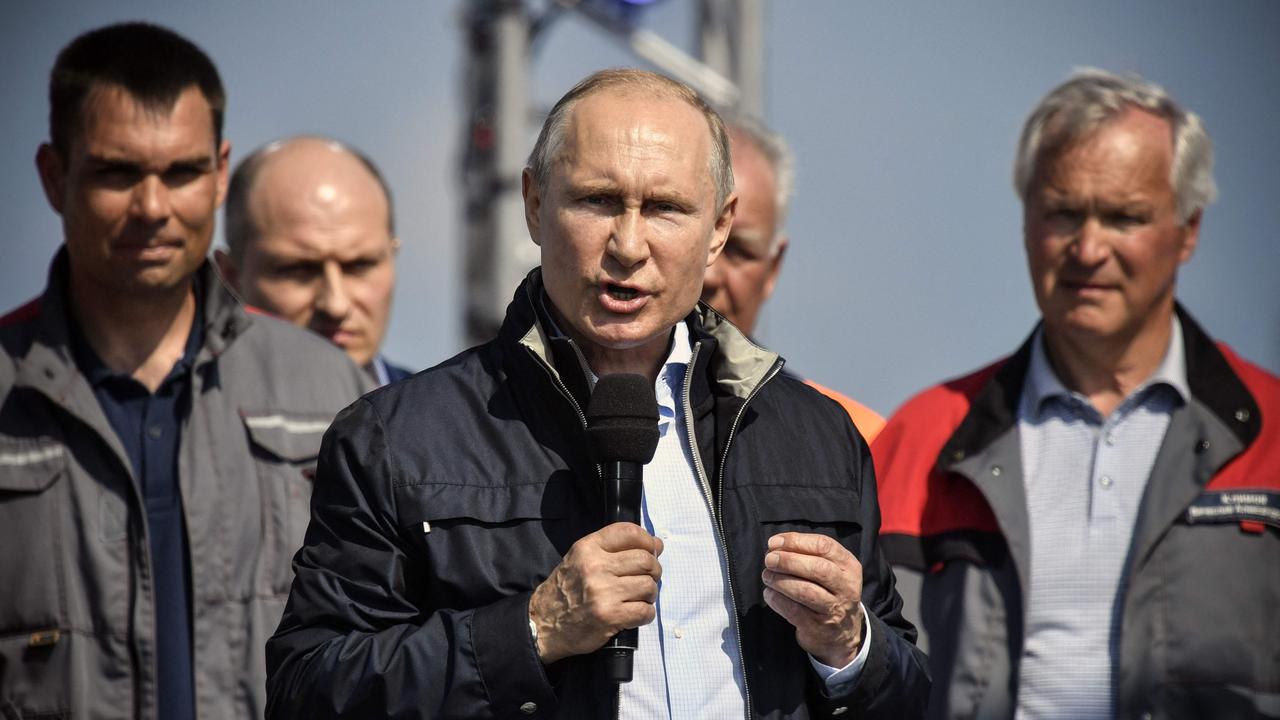

To join the conversation, please log in. Don't have an account? Register
Join the conversation, you are commenting as Logout